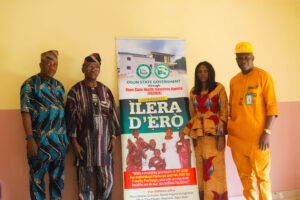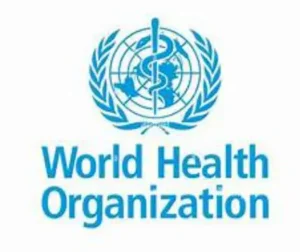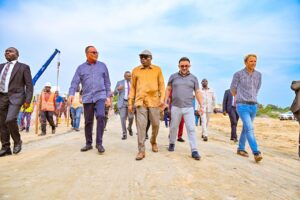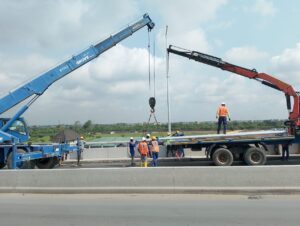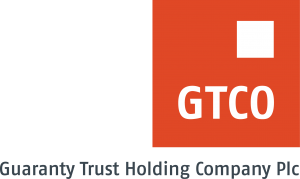
The global health body also said AMR is one of the top 10 global public health threats facing humanity.
The Technical Officer of AMR at the WHO Nigeria Office, Laxmikant Chavan, made this known at the 7th annual conference of the Association of Nigeria Health Journalists (ANHEJ) in Akwanga, Nasarawa State.
Mr Chavan said there is an increase in the use of antimicrobial medicines, noting that the total global antibiotic consumption in humans, animals, and agriculture increased by 30 per cent between 2000 and 2010.
He said the misuse and overuse of antimicrobials, lack of clean water, sanitation, and hygiene are driving AMR globally, including Nigeria.
He said other contributors to AMR include poor infection and disease prevention and control, poor access to quality, affordable medicines, vaccines, and diagnostics, lack of awareness and lack of enforcement of legislation.
“In 2010, at least 63,200 tons of antibiotics were consumed by livestock, partly driven by growing country’s GDPs and an increased demand for animal food products,” he said.
Cost in health services
Mr Chavan said AMR leads to increased cost of delivering health care, especially in the cost of newer expensive antibiotics and other drugs, cost of additional investigations, and extra length of stay at the hospital, among others.
He said AMR is also putting the gains of Millennium Development Goals at risk and endangers the achievement of the Sustainable Development Goals.
He urged the media to play a crucial role in shaping public perception and creating awareness for responsible reporting on AMR issues.
Antimicrobial resistance
Antimicrobial resistance occurs when microorganisms change in ways and render medication used to cure the infections they cause ineffective.
“This is the reason some people complain of persistent infection in spite of using the prescribed antibiotics,” he said.
AMR is now a global health emergency as it is mounting pressure on the already vulnerable health system, especially in Nigeria.
WHO said AMR affects countries in all regions and at all income levels. Its drivers and consequences are exacerbated by poverty and inequality, and low- and middle-income countries are most affected.
It added that AMR puts many of the gains of modern medicine at risk, noting that it makes infections harder to treat and makes other medical procedures and treatments – such as surgery, caesarean sections and cancer chemotherapy – much riskier


